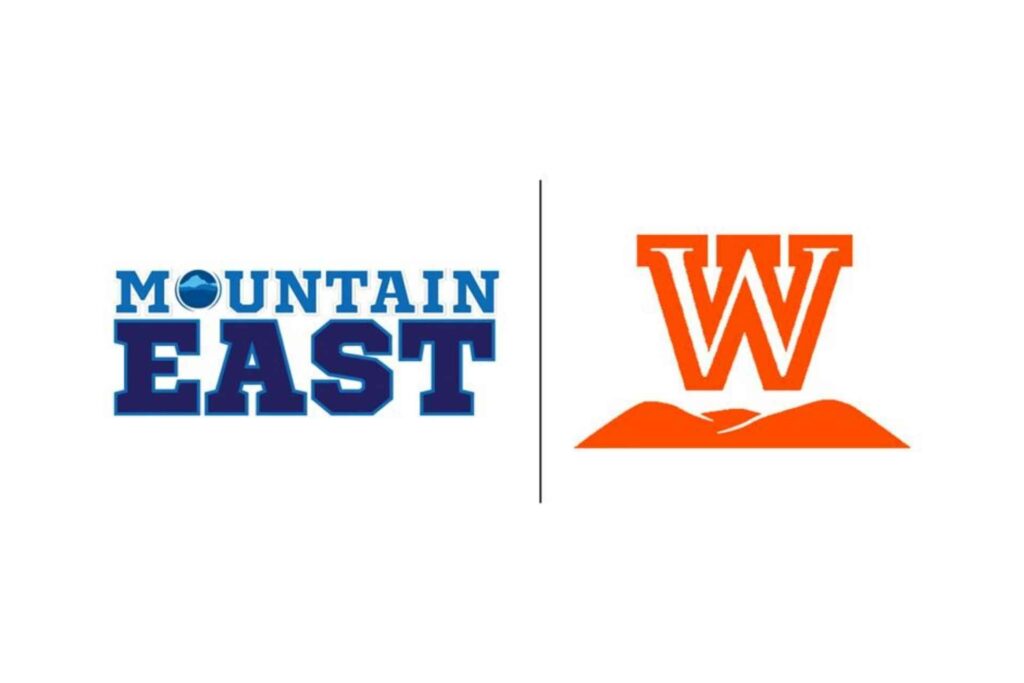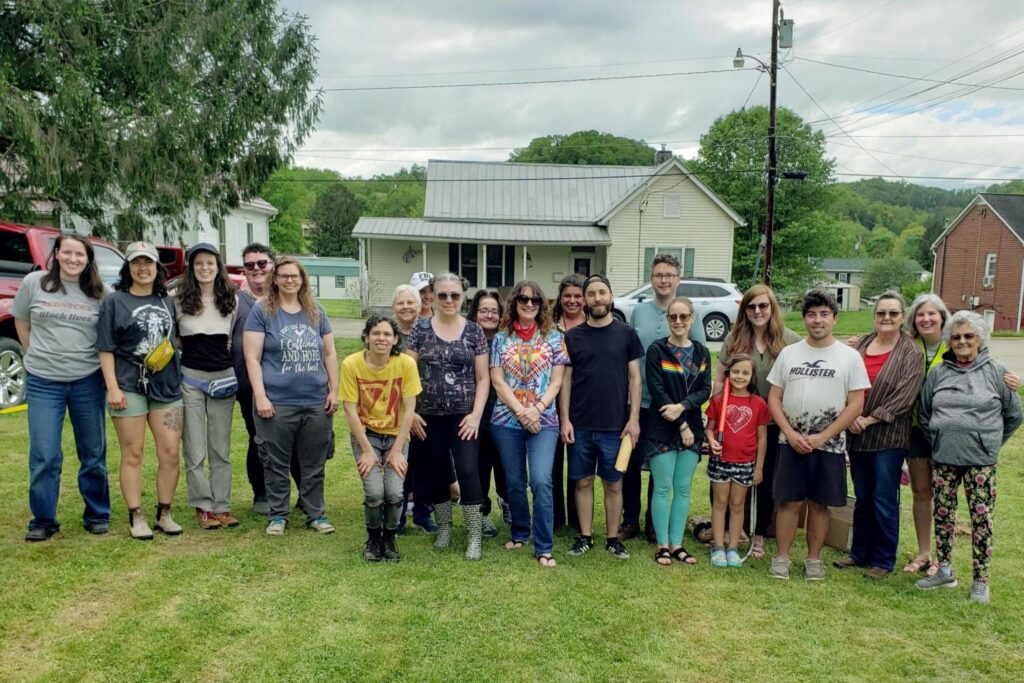Agriculture continues to grow in West Virginia; however, for the state’s food producers, there are barriers to safely producing, marketing and selling their products.
To help break down those barriers, faculty from the West Virginia University Davis College of Agriculture, Natural Resources and Design and WVU Extension Service are partnering with the WV Department of Agriculture to create a customized food safety education and outreach program geared toward extension agents, commercial kitchens, home kitchens, incubator kitchens and food producers.
At the heart of the multi-faceted program is the development of standard operating procedures for food safety and processing, an informational portal and four “recipe to reality” workshops.
“West Virginia’s food producers have repeatedly voiced concerns about challenges to accessing consistent information about laws, regulations and food safety,” said Megan Govindan, primary investigator for the project and teaching associate professor of human nutrition and foods. “There is also a lack of centralized information for food processing and where to turn for information that is accurate, reproducible and administered in a timely fashion.”
According to Govindan, the lack of centralized information places hurdles on entering the state’s agribusiness marketplace, driving producers out of state.
“While West Virginia spends more than $8 billion on food every year, less than 10 percent of that is from in-state production,” she said. “The markets exist for agribusiness growth as well as other kinds of commercial activity that can strengthen rural communities. We have to find a way to make it easier for current and prospective food producers to access important information related to their businesses.”
The food safety outreach materials will cover a variety of services including food safety, food processing, product development, labeling, nutrition facts and allergens labeling.
“Clarifying standard operating procedures in an online hub will empower food entrepreneurs, and make local food more accessible to consumers,” she said.
The research team will also develop and host four innovative and experiential workshops during the two-year program.
The first workshop will cover rules, regulations and resources for food processing in West Virginia and is geared toward agriculture services providers – including WVU Extension Service agents and WV Department of Agriculture Business Development Staff. Those individuals will then facilitate additional workshops in their communities.
“The core foundation of the WVU Extension is to improve the lives of people within West Virginia communities,” said Lisa Jones, program coordinator for the WVU Extension Small Farm Center and partner on the project. “We have an Extension Agent in every county of West Virginia that understands the local culture and challenges, in addition to having a direct connection to the people within those communities. Putting knowledge to work through community outreach is the heart of what we do.”
Food entrepreneurs can look forward to a hands-on workshop that will help them turn their recipes into business opportunities. Food processors will learn the ins and outs of starting and running commercial kitchens, and farmers, food producers and farm cooperatives will learn how to grow their farms.
“By helping develop and teach best practices for food processing, we can improve our state’s workforce through skill building and the economy by assisting individuals to launch entrepreneurial food businesses around the state,” she said. “The market opportunities for agricultural based businesses in West Virginia are truly amazing. From farmers markets to specialty retail to wholesale, having the majority of the country’s population nearly at our doorstep allows for a business to grow through each market, if they choose to.”
Funding acknowledgement:
The Commercial-Kitchens, Home-Kitchens, Incubator-Kitchens and Food Producers (CHIP) Project was selected as 1 of 31 Food Safety Outreach programs to facilitate the integration of Food Safety Modernization Act food safety guidelines. This work is supported by a $148,462 grant [#12644883; project accession #1017169] from the USDA National Institute of Food and Agriculture.














